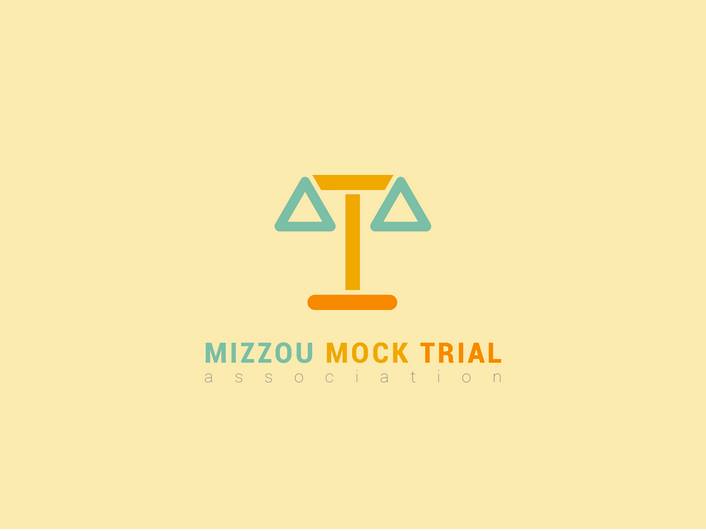_Mavis Chan is a freshman journalism and political science major at MU. She is an opinion columnist who writes about university experiences and current affairs for The Maneater._
Pope (no, not Francis, but Alexander) famously said, “Fools rush in where angels fear to tread.” So, following his advice, I’m going to talk about the justice system; or, rather, the fantasy-sports version of the justice system — college mock trial.
As one of the newest members of the Mizzou Mock Trial Association, I have certainly learned a lot during tournaments all over the Midwest. The judges in these tournaments are usually law students or law professionals, but here’s the rub: Almost none of them have prior knowledge of the case, and some of them don’t even know the rules of the Association.
At first, I found the tournaments quite unfair. How could they judge properly if they didn’t even fully understand what was going on?
Moreover, whenever the judges gave comments, they always talked about our “performances.” One of the most outrageous comments was: “In a real trial, never put your water bottle on the counsel table. You’ll piss off so many jurors doing that.”
After one tournament, I had a chance to chat with an actual judge about his job. A teammate of mine asked him a question, and the answer stuck with me. The judge basically said there were many occasions where he didn’t agree with the juries’ verdicts, where he thought they got it wrong, but that’s how the system is set up.
That’s when it hit me. Mock trial tournaments aren’t unfair, they’re realistic!
Real jurors don’t know the case beforehand. Real jurors don’t always know about court procedures. Jurors are lay people like us: susceptible to the power of persuasion. If you can get out a zinger during your arguments, a put-down against your opponents or a particularly brutal question during cross examinations, then even if objective truth isn’t on your side, you can still convince 12 people “beyond a reasonable doubt” that you are right.
“Objection! Speculation!” Well, a University of Michigan Law School analysis in 2014 concluded that about 4.1% of death row inmates at that time were wrongly convicted; the National Registry of Exoneration shows that from 1989 through 2019, there were a total of 2553 exonerations. One innocent goes to jail, one criminal roams the streets.
Yes, perhaps “beyond a reasonable doubt” isn’t exactly “100% truth,” but shouldn’t the former be as close to the latter as possible? The sad reality is, neither side is interested in telling “the truth, the whole truth, and nothing but the truth.” All lawyers claim to seek justice, but many of them do so without candor or honesty.
In mock trial, truth seems to be of second priority; but isn’t it supposed to simulate a real trial? Nevertheless, the American justice system is one of the fairest in the world.
Like many American institutions, the founding ideals of the justice system are so exacting, so high-minded. People often fail, but they never cease striving to live up to those standards. In my mind, that is enough. After all, Pope also said: “To err is human.”
_Edited by Bryce Kolk | [email protected]_








